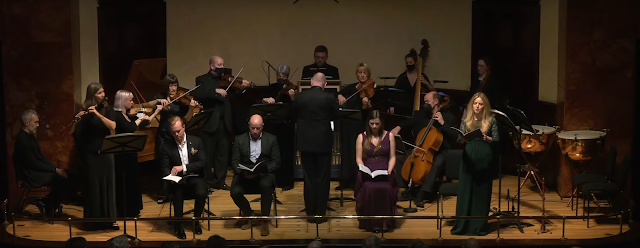 |
| Bach: Süsser Trost, mein Jesus kommt BWV151 - Rowan Pierce, Morgan Pearse, Daniel Norman, Anna Harvey, Gabrieli Consort & Players, Paul McCreesh at Wigmore Hall (image taken from live-stream) |
Bach Süsser Trost, mein Jesus kommt BWV151, Mass in G BWV236, Christen, ätzet diesen Tag BWV63; Gabrieli Consort & Players, Paul McCreesh; Wigmore Hall
Reviewed by Robert Hugill on 10 December 2021 Star rating: 5.0 (★★★★★)
The Gabrieli Consort & Players is sparkling form present a delightful selection of Bach's music for Christmas, from a mass re-using cantata movements to a festively grand cantata with four trumpets
In a suitably festive concert at Wigmore Hall on Friday 10 December 2021, Paul McCreesh and Gabrieli Consort & Players presented a programme of the music Bach wrote for Christmas services in Leipzig. Singers Rowan Pierce (soprano), Anna Harvey (alto), Daniel Norman (tenor, replacing Jeremy Budd at very short notice) and Morgan Pearse (bass) joined an instrumental ensemble including three oboes and four trumpets, performing the cantatas Süsser Trost, mein Jesus kommt BWV151 and Christen, ätzet diesen Tag BWV63, plus the Mass in G BWV236 and two organ solos.
Unlike in modern times, the Advent period in Bach's churches in Leipzig would have been anything but festive, the season was one of contemplation and penitence and music was austere. All this changed with the music for the Christmas period, running strictly from Christmas Day to Epiphany. And music played a significant role; services lasted around three hours with a sermon of about an hour and Bach's music lasted for an hour too, with pieces chosen or created to complement the theme of the sermon.
The concert began with William Whitehead playing an organ solo, the Allemande: Allegretto grazioso from Pastorale in F BWV590; lyrical and pastoral but with elaborate textures and contrapuntal lines.
For the third day of Christmas in 1725, Bach wrote his small-scale cantata Süsser Trost, mein Jesus kommt BWV151 for four soloists, flute, oboe and strings, with the vocal ensemble only being needed for the final chorale. It is about the comfort that Jesus' birth brings, and though there are no explicit Nativity references the pastoral feel is significant. The gently lilting opening aria featured a lovely pastoral flute complementing Rowan Pierce's poised soprano, bringing out both the words and the sense of thoughtful joy. A vivid recitative from bass Morgan Pearse, led to the second aria for mezzo-soprano Anna Harvey. Here she and a solo oboe duetted vigorously, in a robust dance, Harvey's warm mellow sound complementing the rich timbre of the oboe. Tenor Daniel Norman's slower recitative led to the final choral with all four soloists and both wind players.
Bach's Cantata 169, featured an opening sinfonia which duplicates material from his Harpsichord Concerto in E major, though both are probably based on a lost oboe concerto. We heard the sinfonia, with the perky solo line played on the organ by William Whitehead, the whole being delightfully toe-tapping.
Luther allowed the use of Latin settings of the Kyrie and Gloria on major feasts, and such settings were used in Leipzig at Christmas (in Advent the Gloria was usually omitted), and Bach wrote several. His Missa brevis in G BWV236 dates from 1738 or 1739 is made up of music recycled from earlier cantatas, though whether from a shortage of time or simply a desire to not allow good music to go to waste, we don't know. Written for four soloists, strings and two oboes (one doubling oboe da caccia), the work features arias for tenor and bass plus a duet for soprano and alto. The Kyrie was a substantial, sober fugue, the instruments doubling the voices and adding brilliance and colour. The Gloria opened with a busy ensemble movement. This went with a swing, rich textures, full of character and enjoyment. Morgan Pearse sang the 'Gratias agimus' full of lilt and swagger, but with busy passagework too. 'Domine Deus' was a duet for Rowan Pierce and Anna Harvey, the voices flowing easily over a rhythmic violin line. Daniel Norman's aria 'Quoniam tu solus sanctus' was a duet with oboe, and the final 'Cum sancto spirito' moved from a stately introduction to a madly vigorous main section.
The second half opened with another organ solo, this time based on Luther's hymn Vom Himmel Hoch BWV701 and surprisingly perky with cascades of notes surrounding the basic melody.
In 1723, for Bach's first Christmas in Leipzig he re-used a cantata that he had written nine years earlier, for the court at Weimar. Christen, ätzet diesen Tag BWV63 has lavish scoring, three oboes (one doubling oboe da caccia) and four trumpets. Its scoring very suitable to launch the Christmas celebrations, and with its reference to dance in clear sympathy with Luther's regard for dance. The trumpets only appear in the opening and closing choruses, and in between is a sequence of more intimate arias, duet and recitatives.
There was a joyful zest to the opening chorus, with the voices almost alternating with the orchestral ritornelli. This was followed by a striking slow accompanied recitative, where Anna Harvey's mellow voice was very expressive. Next came duet, for Rowan Pierce and Morgan Pearse; lyrical voices in a secular feeling not quite love duet, and a busy solo oboe wandering in and out. A dramatic recitative from Daniel Norman led to a duet between him and Anna Harvey; a piece with a lovely lilt to it sung with joyful enjoyment. A vivid accompanied recitative from Morgan Pearse led to the final chorus where the trumpets returned to striking effect.
The concert is available online at the Wigmore Hall website.
Never miss out on future posts by following us
The blog is free, but I'd be delighted if you were to show your appreciation by buying me a coffee.
Elsewhere on this blog
- Dancing a pas de deux with Tchaikovsky and holidaying in North Africa: rumours swirled around Saint-Saens even before his death - feature
- Being able to see Brahms as he was at the time: I chat to Jérémie Rhorer about recording historically informed Brahms with Le Cercle de l’Harmonie - interview
- La Bonne Cuisine: Lotte Betts-Dean and Harry Rylance at Fidelio Cafe on OnJam Lounge - concert review
- Christmas disc round-up: from Christmas Matins in Bavaria & Nine Lessons & Carols at King's College, Cambridge to festive brass from Canada & the Wexford Carols - record review
- A story to tell: the new recording of Handel's Messiah from Eboracum Baroque - record review
- Zest and energy: New Sussex Opera revives Offenbach's La princesse de Trébizonde - opera review
- Grappling with the unknowable: James MacMillan's remarkable new Christmas Oratorio receives its UK premiere at the Southbank Centre - concert review
- Written for London and his second most performed work, Leoncavallo's Zingari has fallen out of the repertoire but Opera Rara aims to change all that - opera review
- We give a nod to contemporary music but don't relish it: conductor Zvonimir Hačko aims to change that with the founding of the International Centre for Contemporary Music - interview
- Fiesta: the Autumn season of Dylan Perez' Re-Sung ends with an engaging evening of 20th-century Spanish song - concert review
- Unsung Heroine: The Telling in music of Hildegard of Bingen and troubadour songs - record review
- Virtuoso instrumental focus: in Handel's Unsung Heroes, David Bates & La Nuova Musica highlight Handel's brilliant instrumental solos in his arias - record review
- Home
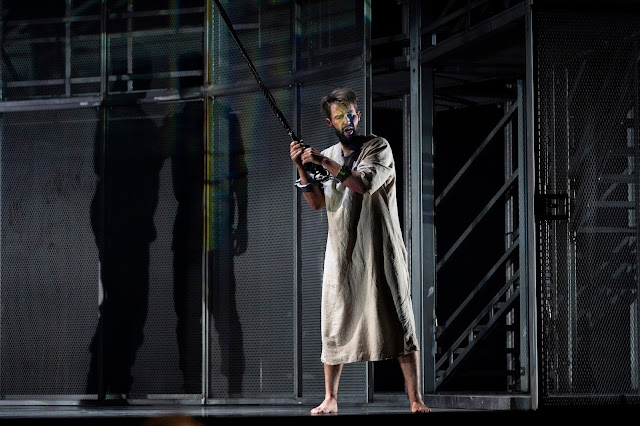


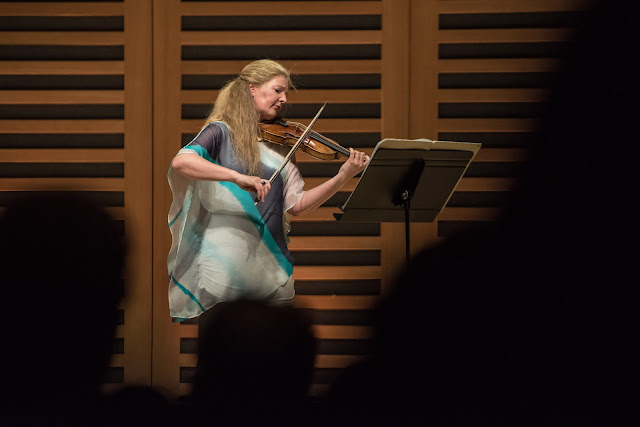
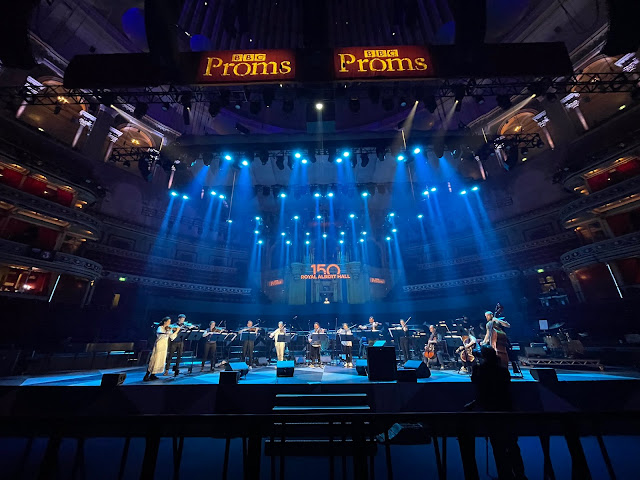
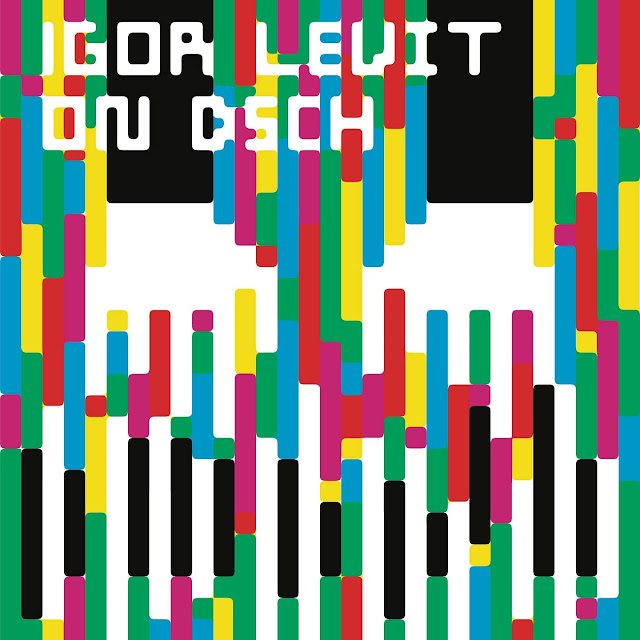
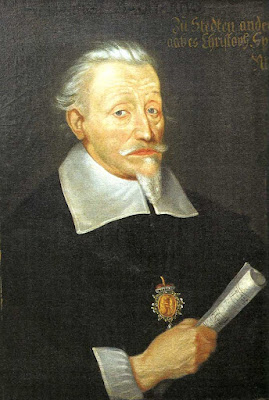

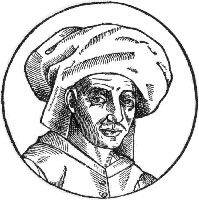


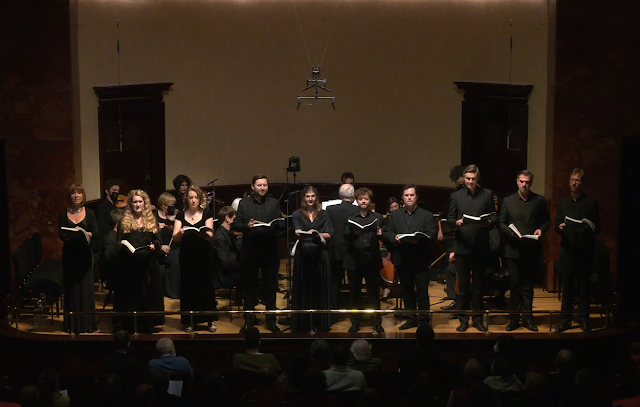
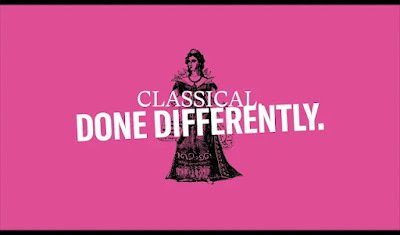

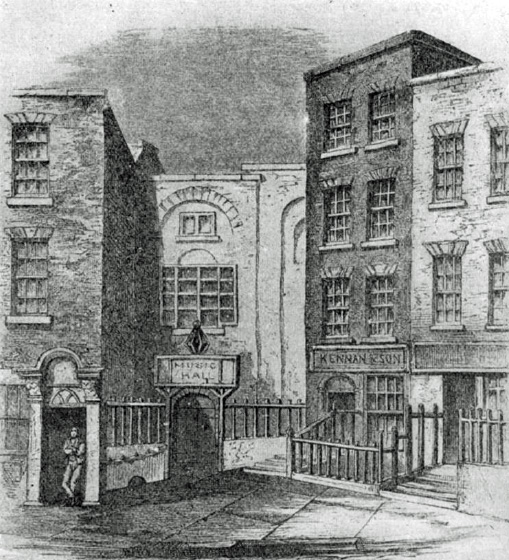


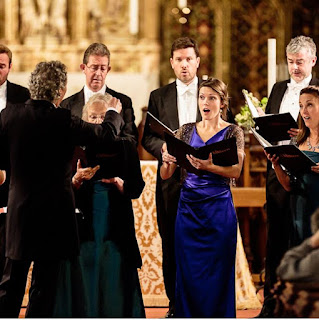
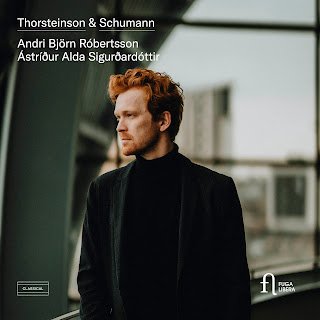
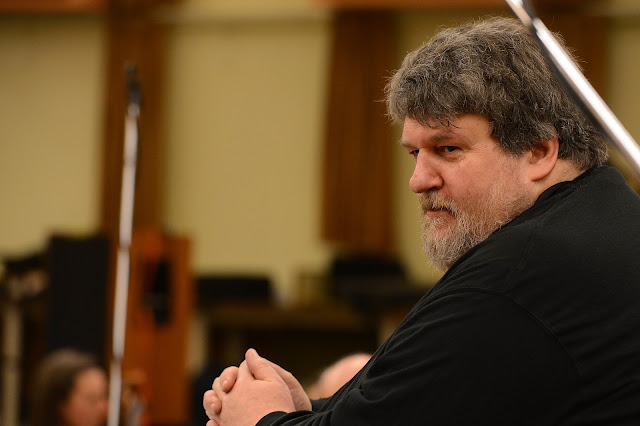
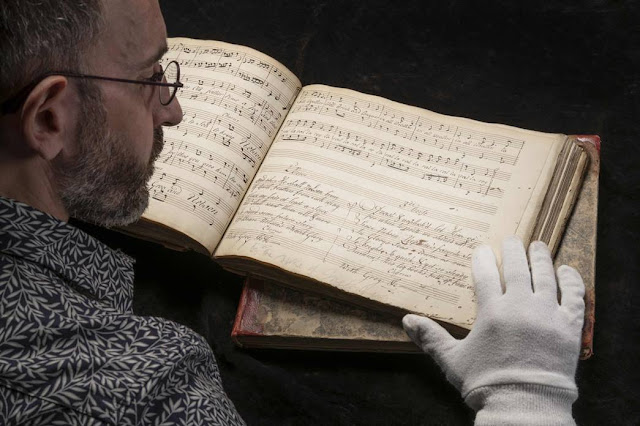
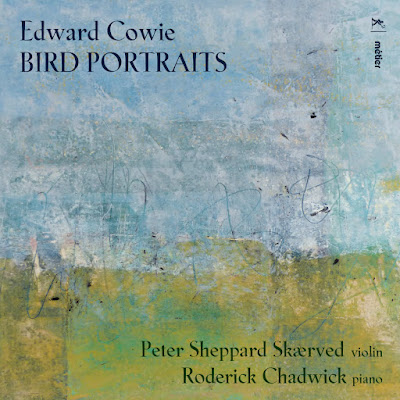

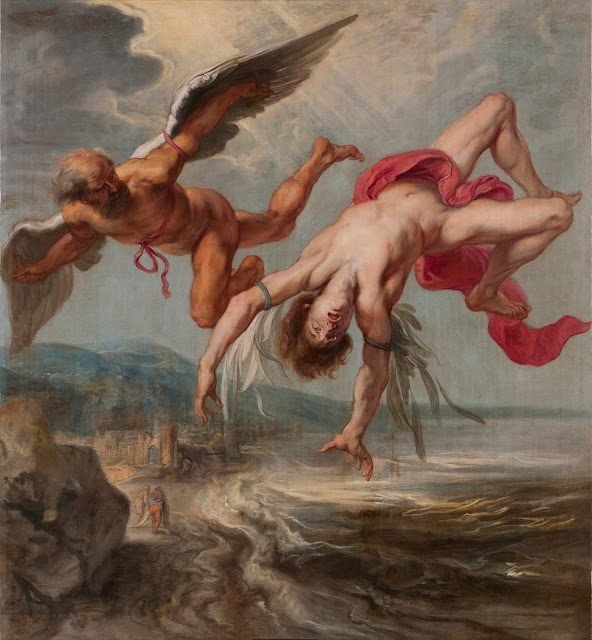





%20in%20The%20Merry%20Widow.%20Credit%20Mihaela%20Bodlovic.%20(2).jpg)

%20in%20Trial%20by%20Jury.%20Credit%20Mihaela%20Bodlovic..jpg)


%20Britten%20Pears%20Arts%20(1).jpg)

.jpg)
